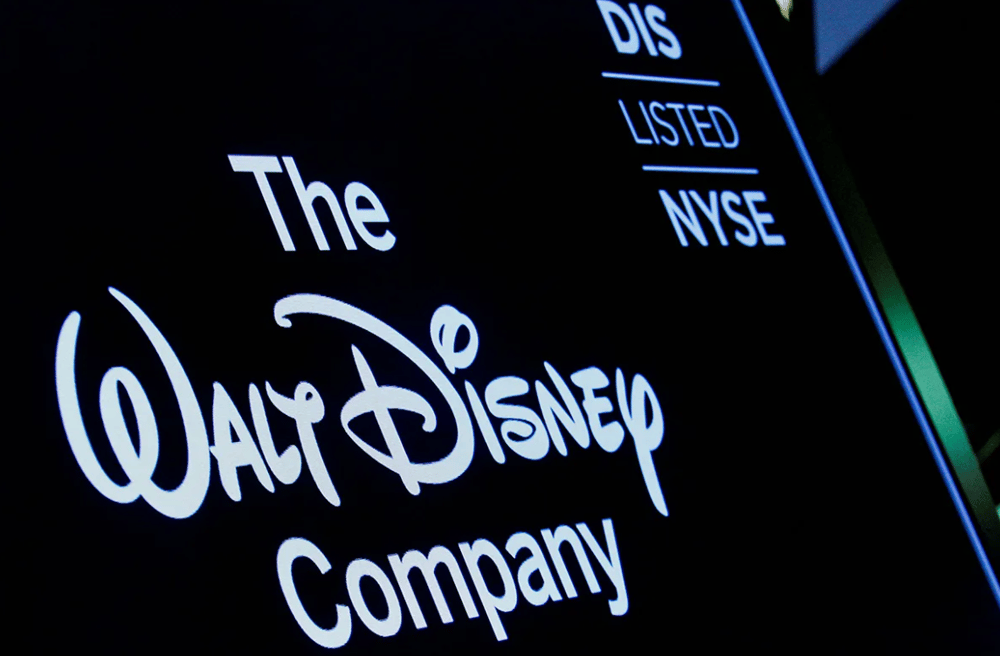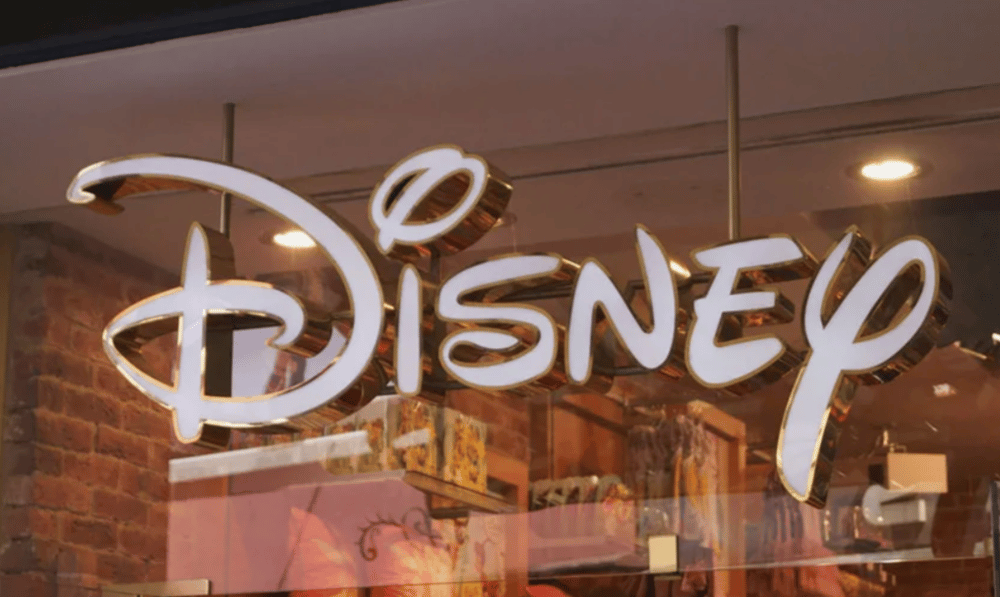Los Angeles Court Denies Walt Disney’s Injunction Request Against Alphabet’s Hiring
A Los Angeles judge recently rejected Walt Disney Company’s $DIS petition for a preliminary injunction and temporary restraining order aimed at preventing former senior executive Justin Connolly from joining Alphabet Inc. $GOOGL and its YouTube subsidiary. This legal development follows Disney’s lawsuit filed last month in California state court, accusing Alphabet of contract breach, unfair competition, and tortious interference related to Connolly’s appointment.
Examination of the Lawsuit and Judicial Ruling Implications
Disney’s lawsuit alleged that Alphabet knowingly violated Connolly’s employment agreement with Disney by recruiting him in a way that undermined contractual terms. The suit accuses YouTube and Alphabet of unfairly disrupting existing contractual obligations, potentially setting a precedent for corporate executive poaching disputes.
The judge’s decision to deny Disney’s request for immediate court intervention signals the judiciary’s hesitance to interfere prematurely in executive mobility matters unless clear, imminent harm is demonstrable. This outcome underscores the complexity of enforcing non-compete clauses and contractual restrictions in the tech and entertainment industries, where talent migration between rivals is frequent.
From a strategic perspective, the ruling allows Alphabet to continue leveraging executive expertise from competitors to bolster its content and technology leadership. For Disney, the decision may necessitate revisiting contract terms and enforcement mechanisms to better safeguard key personnel.

Brief Facts
Los Angeles court denied Walt Disney’s request for injunction against Justin Connolly joining Alphabet/YouTube.
Disney filed the lawsuit last month alleging contract breach, unfair competition, and tortious interference.
The dispute centers on Connolly’s transition from Disney to Alphabet’s YouTube division.
The judge found insufficient grounds for preliminary injunctive relief.
The case highlights legal challenges around executive mobility and non-compete enforcement.
Market and Industry Reactions to Legal Dispute Between Disney and Alphabet
Market observers interpret the ruling as a neutral development with limited immediate impact on Disney and Alphabet stock valuations, reflecting investor focus on broader business fundamentals rather than personnel litigation. Nonetheless, the case draws attention to increasing competition for executive talent amid tech and media convergence.
Industry analysts highlight that legal constraints on executive movement often clash with corporate needs for innovation and knowledge transfer. Alphabet’s ability to attract experienced leaders like Connolly is viewed as critical to maintaining competitive advantage in digital content and platform expansion.
The dispute also underscores the importance for companies to craft clear, enforceable contracts and to anticipate legal risks associated with recruiting from rivals. As corporate boundaries blur between technology and entertainment sectors, such litigation could become more common, affecting market dynamics and human capital strategies.

Key Points
Court ruling favors executive mobility over Disney’s contractual enforcement claims.
Talent acquisition remains a vital competitive factor for tech and media companies.
The litigation exemplifies tensions between non-compete agreements and market demands.
Alphabet benefits strategically by integrating experienced Disney executive expertise.
Investor reaction remains muted, focusing on company fundamentals rather than legal disputes.
Contractual clarity and legal preparedness are essential for companies amid industry convergence.
Significance of the Legal Outcome for Disney, Alphabet, and Industry Talent Dynamics
The Los Angeles judge’s refusal to grant Walt Disney’s injunction against Justin Connolly’s employment at Alphabet reflects judicial caution in restricting executive career moves absent compelling immediate harm. This ruling highlights the challenges companies face in enforcing restrictive covenants while competing for top-tier leadership in rapidly evolving tech and media landscapes.
As the dispute unfolds, it underscores the growing importance of balancing contractual protections with the fluidity required in talent management strategies. For Disney and Alphabet, and the broader industry, the case serves as a critical reference point on how legal frameworks shape executive transitions, competitive dynamics, and corporate innovation potential.















Comments
Automation’s trajectory is being redefined by moves like this in a high-velocity market
This transaction signals a pivotal shift in how automation will scale within the tech industry